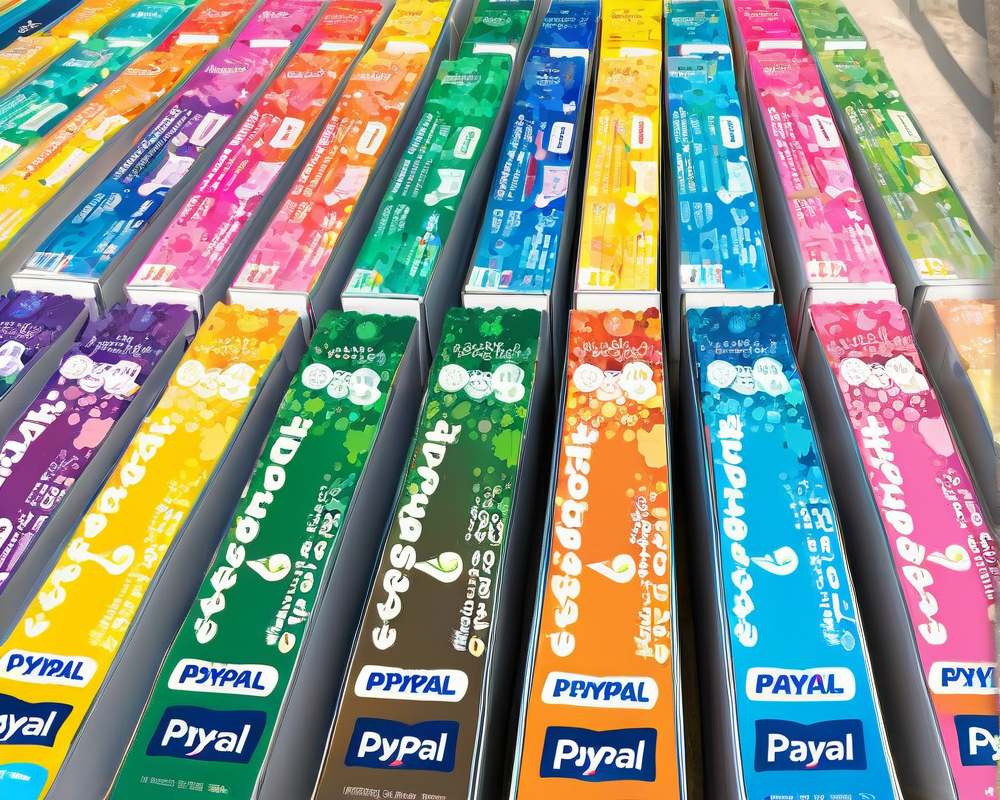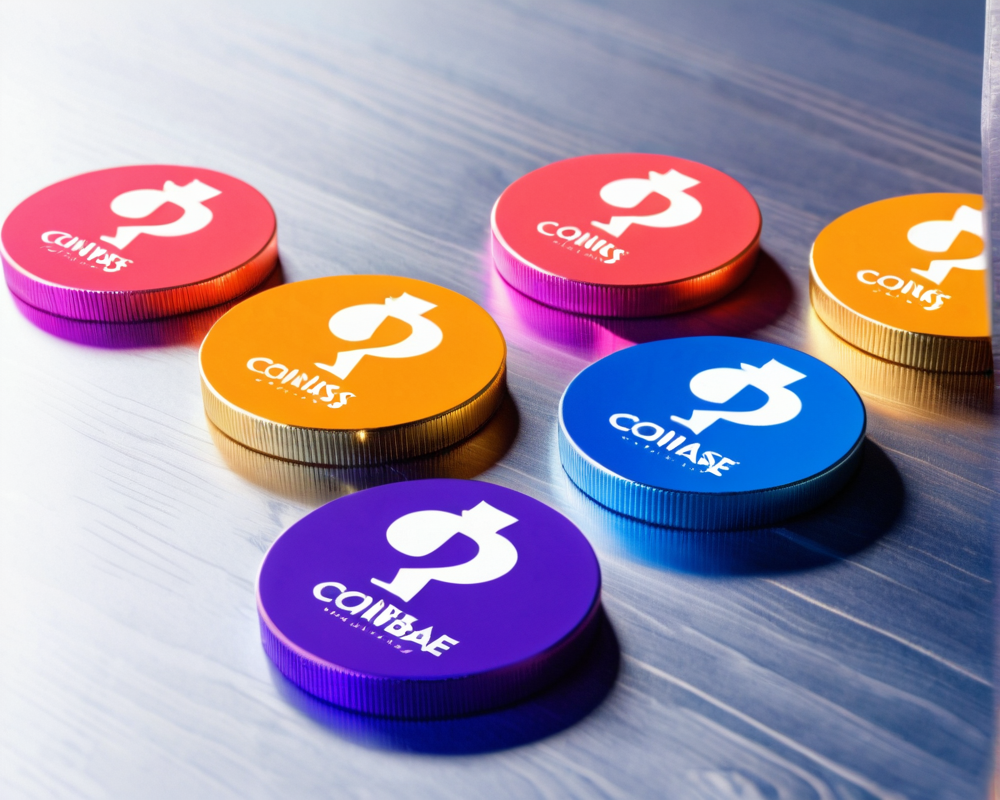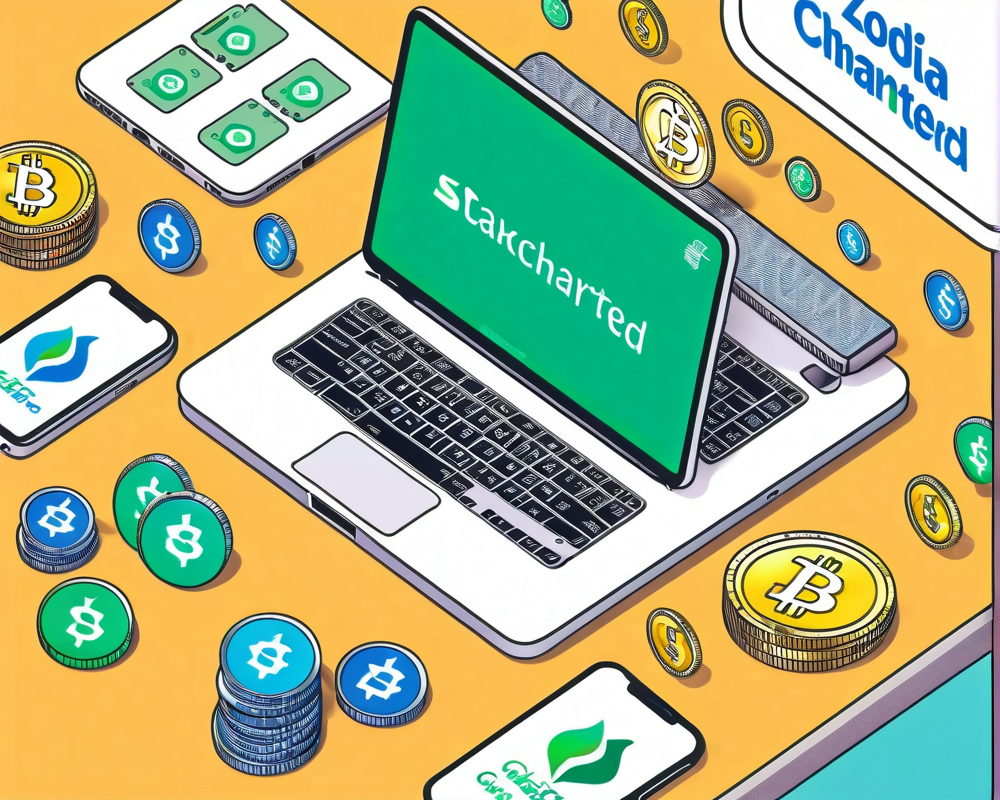Paxos Unveils Transparency Report for PayPal USD
Paxos has recently released a groundbreaking transparency report for PayPal USD (PYUSD), an Ethereum-based stablecoin. The details are as refreshing as a cool breeze on a hot summer day: every PYUSD token is fully backed by assets. That’s right, there are no hidden surprises, just solid backing.
Token Balance and Total Assets
As of August 31, 2023, the report reveals that the total token value is an impressive $44.4 million while the total notional position stands at $44.5 million. This means that not only do the assets match the demand, but they also slightly exceed it. Kind of like bringing a second dessert to a potluck—always a good idea!
U.S. Treasury Reverse Repurchase Agreements
Almost all of the PYUSD’s assets are backed by U.S. Treasury reverse repurchase agreements—an astounding 97% of the total assets, to be exact, translating to about $43 million. This hefty sum acts like a big, cozy blanket protecting the value of PYUSD holding.
Understanding Reverse Repurchase Agreements
But what exactly is a reverse repurchase agreement? It’s a fancy term that sounds like it belongs in a Wall Street movie. In layman’s terms, it’s an agreement where one party sells securities to another with the promise to buy them back later. Picture it as borrowing your neighbor’s lawnmower with the promise of returning it—for a price!
Safety First with Overcollateralization
“In the event of a default by the counterparty, Paxos is able to liquidate the U.S. Treasury collateral to make itself whole.”
Paxos assures that their agreements come with overnight maturity and are overcollateralized with U.S. Treasuries. Pretty smart move, right? This means they have put up more collateral than they borrow, dramatically minimizing their risk of loss. It’s the financial equivalent of wearing a helmet while riding a bike.
Cash Deposits: Where’s the Extra Money?
Paxos isn’t just sitting on those assets; they also hold around $1,500,146 of cash at insured depository institutions. But hold your horses—things aren’t all sunshine and rainbows. Their cash deposits might not be fully insured by FDIC or private insurance, which can still lead to losses in the event of a bank insolvency. Think of it like keeping your savings in a piggy bank rather than a bank account!
The Road Ahead for PYUSD
Paxos launched PYUSD on August 7, and by the end of that month, around 90% of the tokens were chilling in Paxos wallets, with about 7% floating around on exchanges. Recently, BitPay even welcomed PYUSD as a new payment option alongside its stablecoin friends—USD Coin (USDC), anyone?
This transparency report shines a light on the reliability of PayPal’s venture into stablecoins, promising a more secure future for digital currency transactions. Don’t forget, if you love keeping tabs on crypto journalism, you can collect this article as an NFT! Because if you can’t make history, at least you can own a piece of it!




